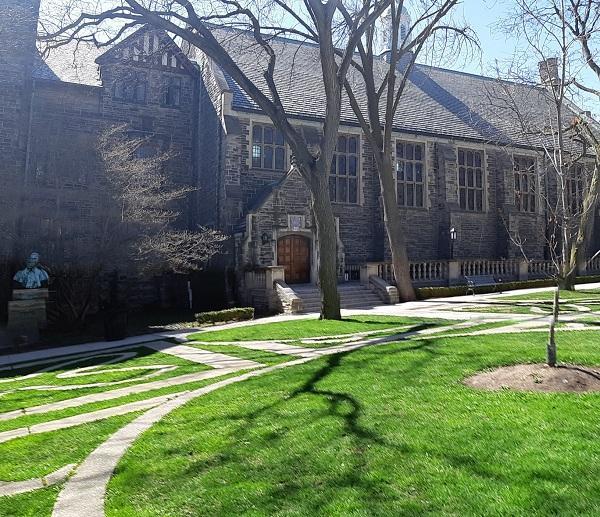Ivy League Schools
What are the Ivy League Schools?
- Harvard University
- Yale University
- Princeton University
- Columbia University
- Brown University
- Dartmouth College
- University of Pennsylvania
- Cornell University
Ivy League is a designation more to do with sports in the North East of the United States than academic excellence (NCAA Division 1). The institutions rank as Tier 1 Colleges, Tier 2 Colleges and Tier 3 Colleges. See College Tiers.

The Ivy League is a collegiate athletic conference in the northeastern United States consisting of eight highly prestigious universities. These schools are Brown University, Columbia University, Cornell University, Dartmouth College, Harvard University, Princeton University, the University of Pennsylvania, and Yale University.
When it comes to sports, Ivy League schools have a unique relationship compared to other Division I athletic programs. The Ivy League has a philosophy of giving priority to academics over athletics. As a result, Ivy League schools do not offer athletic scholarships, meaning that student-athletes are admitted solely based on their academic achievements and talents. This approach ensures that athletes are on par academically with their non-athlete peers.
While Ivy League schools may not have the same level of athletic competitiveness as some other Division I schools, they still have notable athletic programs. Ivy League institutions participate in 33 varsity sports. Men’s sports include baseball, basketball, cross country, fencing, football, golf, ice hockey, lacrosse, rowing, soccer, squash, swimming and diving, tennis, track and field, and wrestling. Women’s sports include basketball, cross country, fencing, field hockey, golf, ice hockey, lacrosse, rowing, soccer, softball, squash, swimming and diving, tennis, track and field, and volleyball.
Ivy League schools also have a long and storied history in college sports. For example, the Harvard-Yale football rivalry, known as “The Game,” is one of the oldest and most famous rivalries in American sports history, dating back to 1875. Ivy League schools have achieved success in various sports, including basketball, lacrosse, soccer, rowing, tennis, and track and field. While emphasis is placed on academic achievements, Ivy League student-athletes are still committed to their sports and train and compete at a high level.
Overall, Ivy League schools strike a balance between academics and athletics. They offer student-athletes the opportunity to participate in competitive sports while prioritizing their education and personal development.
Navigation
